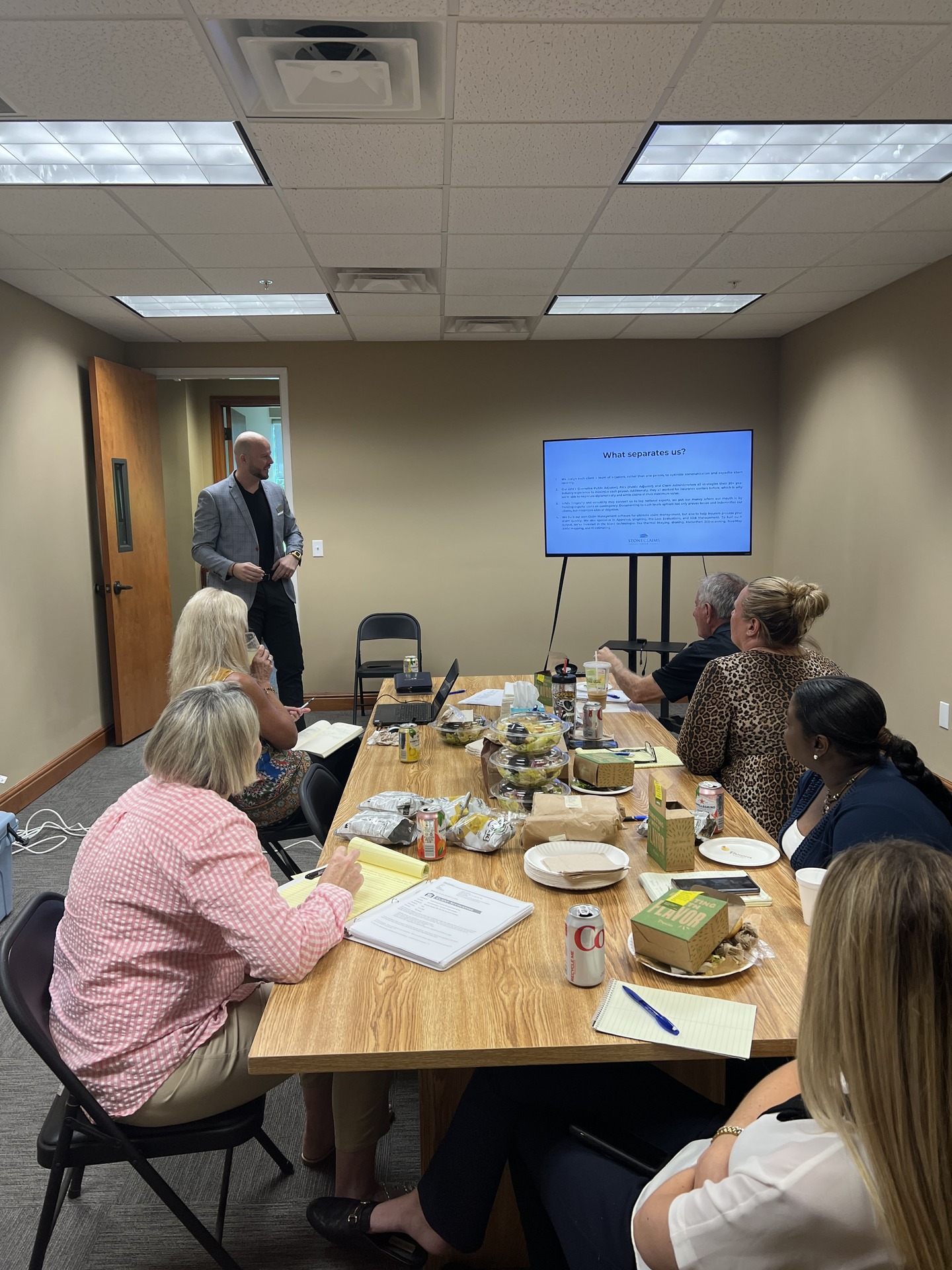Reserve Studies For Condominiums: Your Frequently Asked Questions Answered

Understanding condominium management in Florida often leads to numerous questions about reserve studies for condominiums. These studies are critical tools for planning and financial management, yet there’s a lot of confusion regarding their necessity, frequency, and implications. This blog aims to clarify these points and more, ensuring you’re well-equipped to make informed decisions for your association.
What Are Reserve Studies for Condominiums?
A reserve study is a long-term capital budget planning tool. It assesses the current state of a condo’s common area components and forecasts future repair and replacement costs. This proactive approach helps in mitigating sudden financial burdens on the homeowners and aids in maintaining the property’s value.
Do Florida Condominiums Require Reserve Studies?
In Florida, there is no statutory mandate under statues 718, 719, 720 (governing condominiums, cooperatives, and homeowner associations, respectively) that necessitates a reserve study. Associations can opt not to conduct these studies, and they even have the authority to waive funding reserves with a majority vote. While this offers flexibility, it’s not the recommended approach, especially considering the long-term financial health and stability of the condominium.
How Often Should Reserve Studies Be Updated in Florida?
There is no legal requirement in Florida that dictates the frequency of updating reserve studies for condominiums. However, best practices suggest a review and update every 3-5 years. Circumstances such as natural disasters, management changes, significant renovations, or property annexations are also valid reasons for updates. This practice ensures that the reserve study remains relevant and accurate over time.
What’s the Difference Between Reserve Studies and Insurance Appraisals?
Often, there’s confusion between reserve studies and insurance appraisals. Unlike reserve studies, Florida statutes require condominiums to undergo an insurance appraisal every 36 months. This requirement is specific to insurance needs and should not be conflated with reserve studies.
What Items Are Mandatory in Florida Condominiums’ Reserve Funds?
Once a Florida condominium association opts to fund reserves, certain items must be included. Roofing, painting, and paving are mandatory, irrespective of their costs. Additionally, any item exceeding $10,000 in cost, either individually or collectively, should be included in the reserve study. This ensures that significant potential expenses are planned for, reducing the likelihood of financial surprises.
Can Boards Conduct Their Own Reserve Studies?
Yes, the board of a condominium association can undertake its own reserve study. However, this is advisable only if someone on the board has substantial construction experience. Professional reserve studies typically provide more realistic and comprehensive evaluations, considering the varied life expectancies and costs of different components.
What Is the Biggest Mistake in DIY Reserve Studies?
The most significant error associations make when attempting DIY reserve studies is not including the right items in the reserve schedule. Without professional guidance, important components may be overlooked, leading to underfunding and potential financial shortfalls in the future.
What Are the New Structural Integrity Reserve Study Requirements?
With the introduction of Florida Senate Bill 4-D and its amendment in Senate Bill 154, there are new structural integrity reserve study requirements for condominiums. These legislative changes mandate inspections and increased reserve funding for buildings over three stories. The focus is on enhancing safety and financial stability, particularly in aging multi-story residential properties.
What Are the Key Components of Structural Integrity Reserve Studies?
These studies must include a detailed inspection and assessment of critical structural elements like roofing, load-bearing walls, fireproofing systems, plumbing, and electrical systems. The goal is to identify potential issues early and budget for their eventual repair or replacement.
Why Are Reserve Studies Crucial in Condominium Management?
Reserve studies for condominiums are more than just a financial planning tool. They represent a commitment to the longevity and quality of the condominium community. By adequately preparing for future expenses, associations ensure the well-being of their properties and the satisfaction of their residents.
While reserve studies for condominiums in Florida are not legally mandated, they play a pivotal role in the prudent management and financial planning of a condominium association. Regular updates, professional involvement, and adherence to new legislative requirements are key to maintaining a healthy, financially stable, and thriving condominium community.
